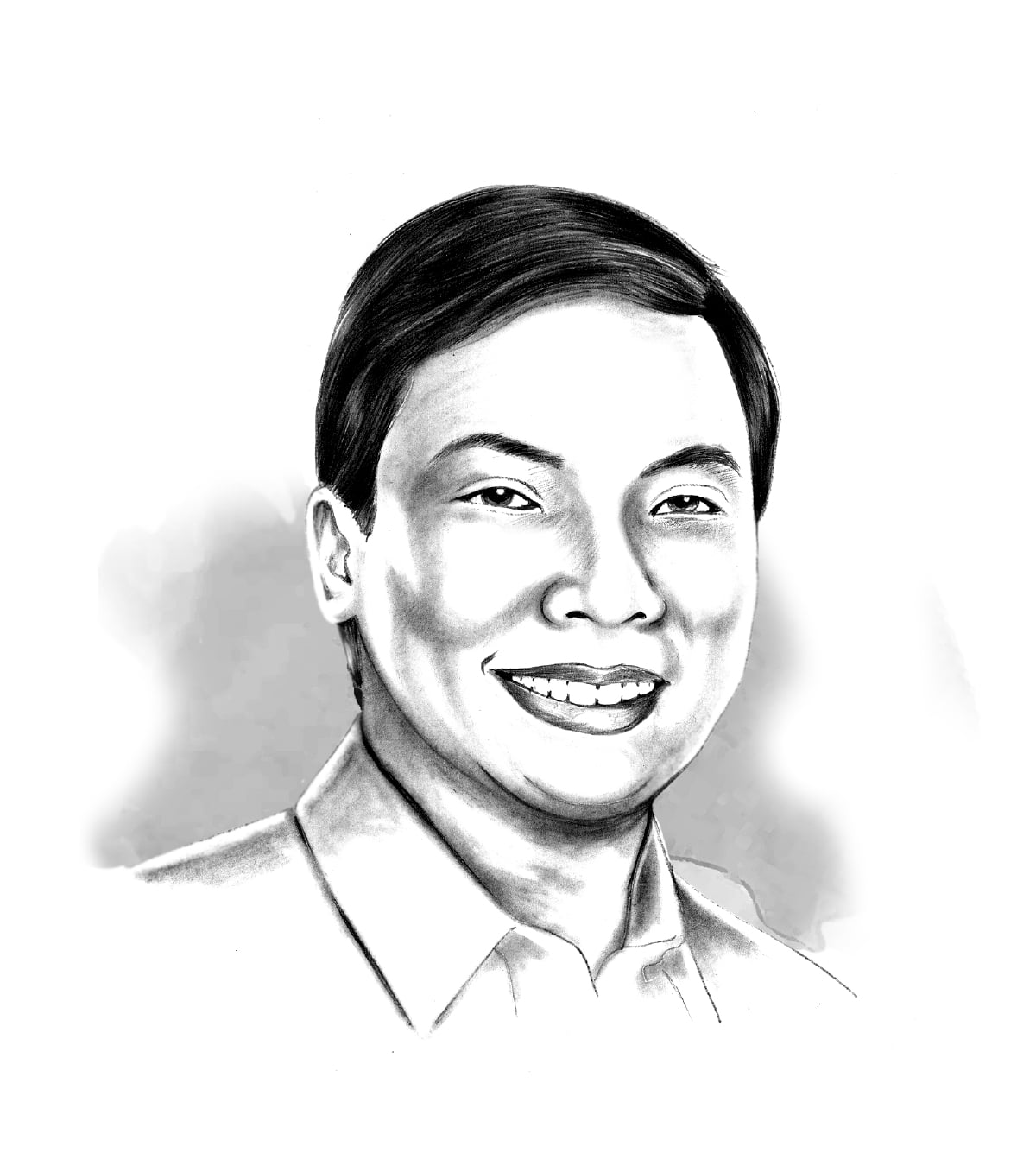THE VIEW FROM RIZAL

It is baffling and funny that a social media platform should be among the prominent issues in the public forum just as the torch of leadership of the United States of America was being passed.
Just before President Trump was sworn into office last Monday (Tuesday, Philippine time), the popular social media app TikTok zoomed into the top of the list of the most talked about topics in the world’s most powerful country. It joined issues such as the Israel-Hamas ceasefire, an impending mass deportation, and a plan for the US to retake the Panama Canal.
The controversy was sparked by a law later on upheld by the US Supreme Court to ban TikTok in the US – a move that could affect more than a hundred million users in that country. The compelling reason was national security, the fear that the platform would make US citizens’ private information accessible to China. That law imposed the condition that a majority of TikTok ownership in the US must be held by Americans for it to be allowed to operate again.
This development is a reminder to us all about three things: the pervasiveness, the power, and the potential of social media.
All three factors put social media apps on the radar screen of interested parties who aim to either benefit from them or control them.
Latest reports say there are now some 5.22 billion internet users worldwide as of 2024. Of the total, 5.17 billion are into social media. That number represents an estimated 68 percent of the world's population. That is how pervasive this technology has become. Technically, we can now find ways to reach and speak to 68 percent of the world's people.
Recent studies sum up the most common use of social media today as follows: connection, commerce, and communication.
We chanced upon a 2020 study by the Harvard Institute of Public Health which advanced the idea that social media has “created many positive effects for society.” It said that the “daily use of social media positively correlated with three health-related outcomes: social well-being, positive mental health, and self-rated health.”
“The positive feeling of networking reduces feelings of loneliness, social isolation, and low self-esteem,” the study revealed. “These connections help maintain relationships and interests, fostering a sense of belonging, self-esteem, and support,” it added.
No wonder, the social media site that creates this sense of community and connection – Facebook – remains at the top with nearly 3.1 billion users. Interestingly, TikTok is just in fifth place with 1.06 billion users, trailing the likes of YouTube, Instagram, and WhatsApp.
We were also amazed to discover that many young people today are making good use of social media for business. “Monetizing” is a term they use to describe how they have turned their social media presence into revenue. Many now say “social media influencer” is what they want for a career. Other ways they make money from social media include content creation and getting paid for ad revenues generated by these materials, selling online products and lessons, online coaching, and so-called affiliate marketing. The potential revenue, we were told, is actually limitless.
These connections and commercial opportunities in social media are, perhaps, the reason why there is a big howl when governments attempt to block, stop, or regulate them.
Some countries have done so. The US is not the first to pass a law blocking TikTok.
These and other social media apps like Facebook are banned permanently or for short periods in countries like China, Afghanistan, Taiwan, Iran, Belgium, Denmark, France, and several others. These apps have been accused of spreading “misleading information,” fomenting unrest, and promoting pornography.
Here in our country, there is a bill filed last year in Congress seeking to ban TikTok and other apps believed to provide access to information by “foreign adversaries.” Our Armed Forces, we were told, prohibits the use of TikTok among its personnel for national security reasons.
All these show an admission even on the part of governments that social media platform possesses power, and that such power can be used for malicious purposes.
We must not, however, turn a blind eye to the good uses of the power of social media.
The fact remains that the benefits of social media are myriad, even in the operation of local governments.
Today, many Local Government Units (LGUs) in the Philippines have tapped into this power to raise the level of information dissemination and interaction with constituents. This power has served LGUs well in times of emergencies, accidents, and calamities. Social media has also proven to be an effective tool for information dissemination and for constituents to report crimes and concerns, air grievances and express their sentiments.
In short, it makes for good two-way communication. Despite the efforts to use its power for evil purposes, social media remains a good tool for democracy.
(The author is the mayor of Antipolo City, former Rizal governor, DENR assistant secretary and LLDA general manager. Email: [email protected])